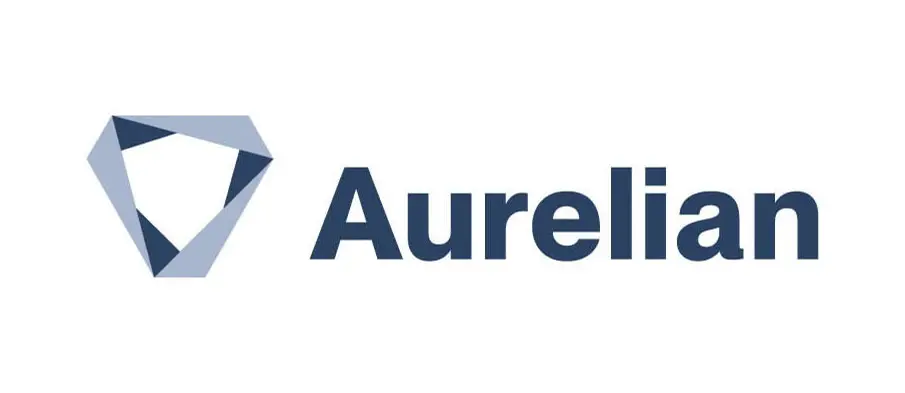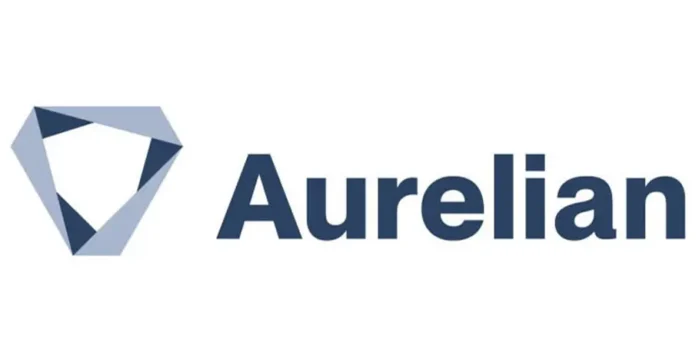
Aurelian, a startup developing AI voice assistants to help 911 call centers manage non-emergency calls, has raised $14 million in a Series A round led by NEA. The funding will support the company’s mission to alleviate pressure on understaffed emergency dispatch centers by filtering and handling non-urgent calls, freeing up human operators to focus on critical emergencies.
The idea behind Aurelian was born after founder Max Keenan pivoted from his original Y Combinator-backed venture, which automated appointment bookings for hair salons. A conversation with a salon client revealed a broader issue: a nearby school’s carpool line was blocking parking spaces, but when the owner called the non-emergency line, she was kept on hold for 45 minutes. This prompted Keenan to explore how such call centers operate, discovering that non-emergency lines are often managed by the same staff responsible for answering 911 calls.
Aurelian’s AI assistant is designed to handle routine issues such as noise complaints, parking violations, and lost property reports. It can distinguish emergencies and immediately transfer those calls to human dispatchers. For other cases, the system records details and either generates a report or passes the information to the appropriate department for follow-up.
Since its launch in May 2024, Aurelian has been deployed in more than a dozen U.S. dispatch centers, including Snohomish County, Washington; Chattanooga, Tennessee; and Kalamazoo, Michigan. Adoption has been driven by chronic staffing shortages in emergency response. Dispatching is considered a high-stress occupation, ranking among the top 10 industries with the highest turnover rates, often requiring 12- to 16-hour shifts.
“The reason why we’re most focused on 911 is because it’s the industry that has this pain point most acutely,” Keenan explained. “We think that these telecommunicators should have a chance of taking a break or go to the bathroom.”
NEA partner Mustafa Neemuchwala added, “One of the things that blows my mind, you’re not replacing an existing human being; you’re replacing a person they wanted to hire but couldn’t.”
While competitors such as Hyper and Prepared are also developing AI solutions for emergency and non-emergency calls, NEA emphasized Aurelian’s lead. “As far as we know, nobody else is actually live,” Neemuchwala said, pointing out that Aurelian is already handling thousands of calls daily.





